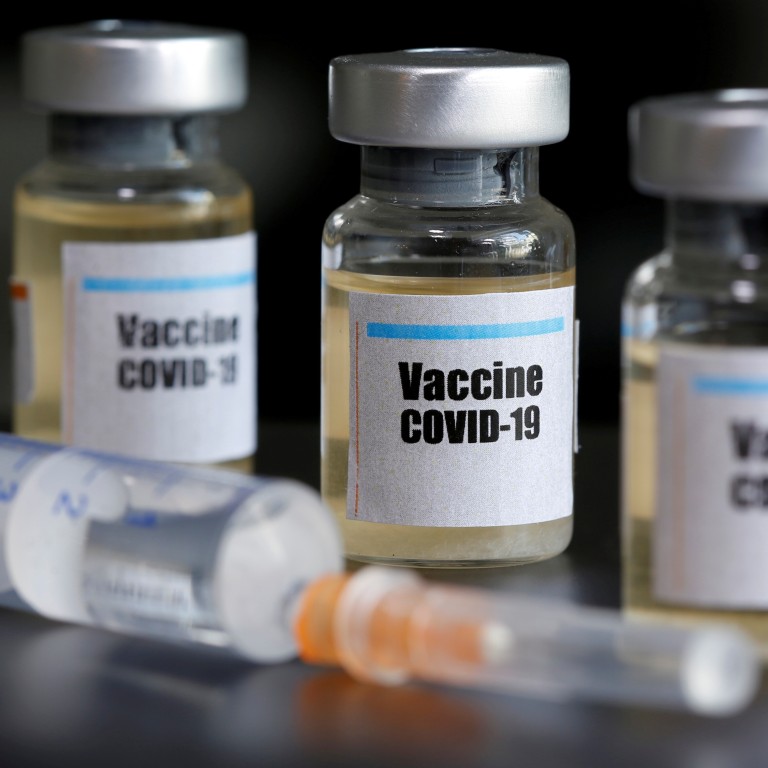
Coronavirus: will vaccine deals lead to poorer countries missing out?
- World leaders have called for vaccines to be a public good, but many countries are striking exclusive agreements with pharmaceutical firms
- The ‘first thing to avoid … is the so-called vaccine nationalism’, GAVI director Zhang Li says
Several coronavirus vaccine candidates have reached the final phase of human trials and others are not far behind, but who will benefit from them once they are ready for general distribution remains to be seen.
One of the vaccines near the head of the pack has been developed by researchers at the University of Oxford and licensed to AstraZeneca, which is expected to be made available to Britons by September. The British government struck a deal with the developer last month to have 30 million doses available by then with a further 70 million to come later.
The United States government also helped with development funding for the product and in return for that will receive 300 million doses of the vaccine.
Chinese pharmaceutical firms CanSino Biologics, Sinovac Biotech and China National Biotec Group all had to find host nations to test their vaccines because there were too few live coronavirus cases in China by the time they were ready for testing.
But not everyone thinks two-way deals are in the global public’s best interests.
“Covid-19 vaccines involve development, manufacturing, procurement and administering. I think the first thing to avoid in this process is the so-called vaccine nationalism,” said Zhang Li, director for strategic innovation and new investors at Gavi, the Vaccine Alliance – a public-private global health partnership set up by the Bill & Melinda Gates Foundation.
“If each country rushes to sign bilateral agreements with all manufacturers at this time, it will inevitably lead to a situation where low-income countries or countries without resources will be unable to access vaccines, especially the early ones.”
Zhang said there were also challenges in making vaccines affordable.
“The most important thing is how to integrate the overall needs of all countries, and integrate the production capacity of manufacturers to carry out macro planning and distribution, which may be better than bilateral, unidirectional cooperation,” she said.
Li Yinuo, director of the China country office of the Bill & Melinda Gates Foundation, said technology would be key in resolving the conflicting interests of meeting domestic demand and making vaccines accessible and affordable to all.
Not everyone had to be immunised “within a day” and programmes could be rolled out in stages according to needs, starting with those most at risk, like the elderly and health care workers, she said.
“It is a challenge and relies on technology advances to solve it. We have seen some technologies that can reach high production capacity within a relatively controllable time,” she said.

